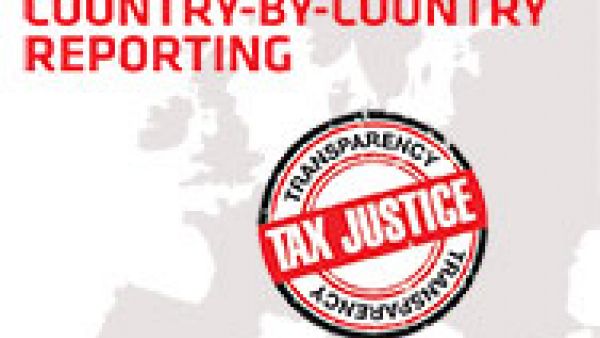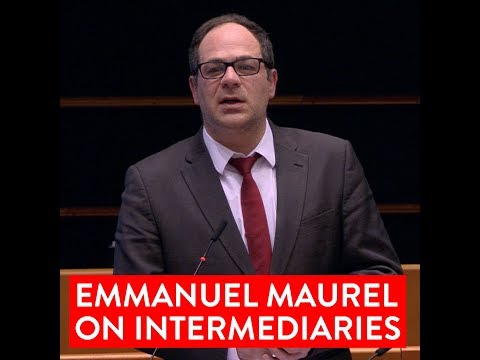After more than six months of intensive investigations into the aggressive tax planning exemplified by the tax rulings and similar measures that became common practice in several member states, the European Parliament's special TAXE committee adopted a set of recommendations yesterday in Strasbourg. These aim to improve tax co-ordination and co-operation in the EU in order to fight aggressive tax planning.
They include (among many other measures): a call for EU governments to adopt new rules to force multinational companies to report their profits and taxes paid on a country-by-country basis; a full common consolidated tax base for corporate taxation (CCCTB); a European blacklist of tax havens, with sanctions for those dealing with them; protection for whistleblowers; and an incompatibility regime for advisors on tax matters.
Later today, the European Parliament will also call for increased transparency on the tax rulings negotiated between national tax administrations and multinationals which were at the heart of the LuxLeaks scandal.
S&D Group spokesperson on the special TAXE committee Peter Simon MEP said:
"LuxLeaks and the work of the European Parliament's special TAXE committee have clearly shown that some member states practically converted state-organised tax avoidance into a business model.
"A unique combination of withholding information on the one side and turning of a blind eye on the other created the ideal conditions for this.
"This vicious circle has to be broken by increased transparency and control. We speak for all honest taxpayers when we make it clear that such behaviour can no longer be tolerated.
"As a neutral body and guardian of the Treaties, the EU Commission has to play a central role and should receive the full data. Therefore, the Commission needs to have access to the data in the central register."
S&D Group spokeswoman on economic and monetary affairs, and co-author of the TAXE report Elisa Ferreira MEP added:
“A year after LuxLeaks, there can be no doubt about the seriousness of our collective engagement to fight against tax fraud and tax evasion in Europe. There is clearly a new agenda for tax justice in Europe, which we, the Socialists and Democrats, have been leading for a long time.
"The Parliament is working seriously and will continue the work initiated by the TAXE special committee. The Commission is also working intensively and we want this to continue. But the Council must also act with loyalty and determination to correct the current tax injustices and regain the trust of European citizens.”
S&D Group spokesperson on the tax rulings, Belgian socialist MEP Hugues Bayet concluded:
"Since last week following the European Commission's decision, we now know for sure that some tax rulings are not only immoral but illegal. They are in fact an illegal state aid which leads to unfair competition.
"The unanimous finance ministers' agreement does not go far enough in our view. The tax deals for all multinationals must be analysed and verified – without exception. The Council proposes to exclude tax agreements which are more than five years old, which makes no sense.
"The rules are only effective if there are sanctions. However, the Council rejects any penalty. The European Commission must be informed about those tax rulings and we need sanctions in case transparency requirements are not respected.
"We also need more transparency. The Parliament's text states that all tax rulings must be published in a way that is accessible, comprehensive and clear to all. We need to convince member states to seriously address aggressive tax planning from multinationals. There are plenty of good and objective reasons to do so.
"First of all, apart from a few companies and member states, the current tax system makes everyone a loser. European citizens are humiliated because there is no tax justice. Member states lose huge amounts of financial resources and the redistribution of wealth cannot happen. In the end, the European project loses its credibility."
The Taxe committee page includes full details of the report and the committee's activities.
Related content
Find out more








